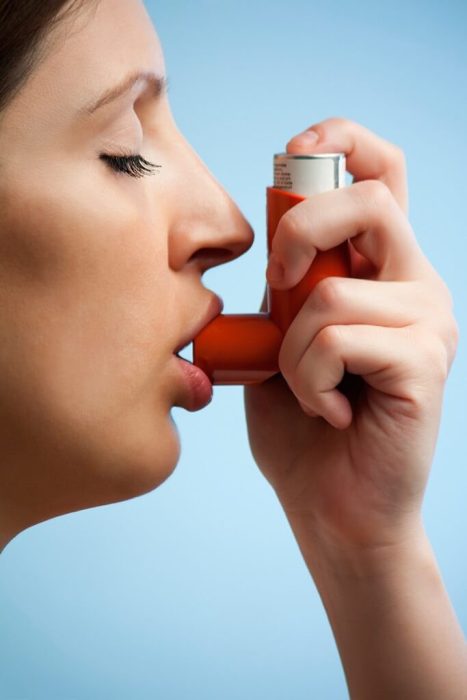Kissing transfers 80 million bacteria
Location of study:The Netherlands
Study subjects: 21 couples
Results:Before you pucker up, keep this in mind: Smooching for 10 seconds can transfer as many as 80 million bacteria. In a recent study, researchers questioned 21 couples about their kissing behavior and frequency of intimate kissing. From there, oral swab samples revealed that couples who kissed more frequently shared similar salivary germs. Significance: Researchers say that the more couples kiss, the more alike they are in terms of mouth bacteria. “Intimate kissing involving full tongue contact and saliva exchange appears to be a courtship behavior unique to humans and is common in over 90 percent of known cultures,” lead author Remco Kort said in a statement. In the meantime, the findings may have people thinking twice before a make-out session. Meditation shown to benefit breast cancer survivors Location of study:Toronto
Study subjects: 88 breast cancer survivors with an average age of 55
Results: New research is trumping up the legitimacy of the mind-body connection. In a recent study, breast cancer survivors were broken into three groups: One participated in mindfulness meditation, another took part in supportive talk therapy, and the third completed one six-hour stress management seminar. When compared to the women in the meditation group, the others demonstrated advanced cell aging. Significance: Breast cancer survivors who practice mindfulness mediation may be reaping the benefits at a cellular level. “[Mindfulness meditation] is about being more present in the moment, rather than dwelling on the past or worrying about the future,” said principal investigator Dr. Linda E. Carlson, Ph.D. Coffee might stave off diseases linked to obesity
Location:U.S.
Study subjects: Mice
Results: Drinking coffee may help protect against obesity-related diseases. According to researchers at the University of Georgia, the magic appears to be linked to a chemical in coffee called CGA. People with obesity are at higher risk for developing a resistance to insulin and buildup of fat in the liver, researchers say. In mice models, CGA was found to improve these issues while also preventing weight gain. Significance: “We’re not suggesting that people start drinking a lot of coffee to protect themselves from an unhealthy lifestyle,” lead author Yongjie Ma said in a statement. However, he does acknowledge that CGA is a strong antioxidant that appears to reduce inflammation. The goal is create a therapeutic using CGA that could cut the risk of obesity-related diseases. Content provided by ZipTrials, a trusted source for the most up-to-date medical news and trending health stories.
This Week in Health: Kissing transfers 80 million bacteria

THINKSTOCK


















